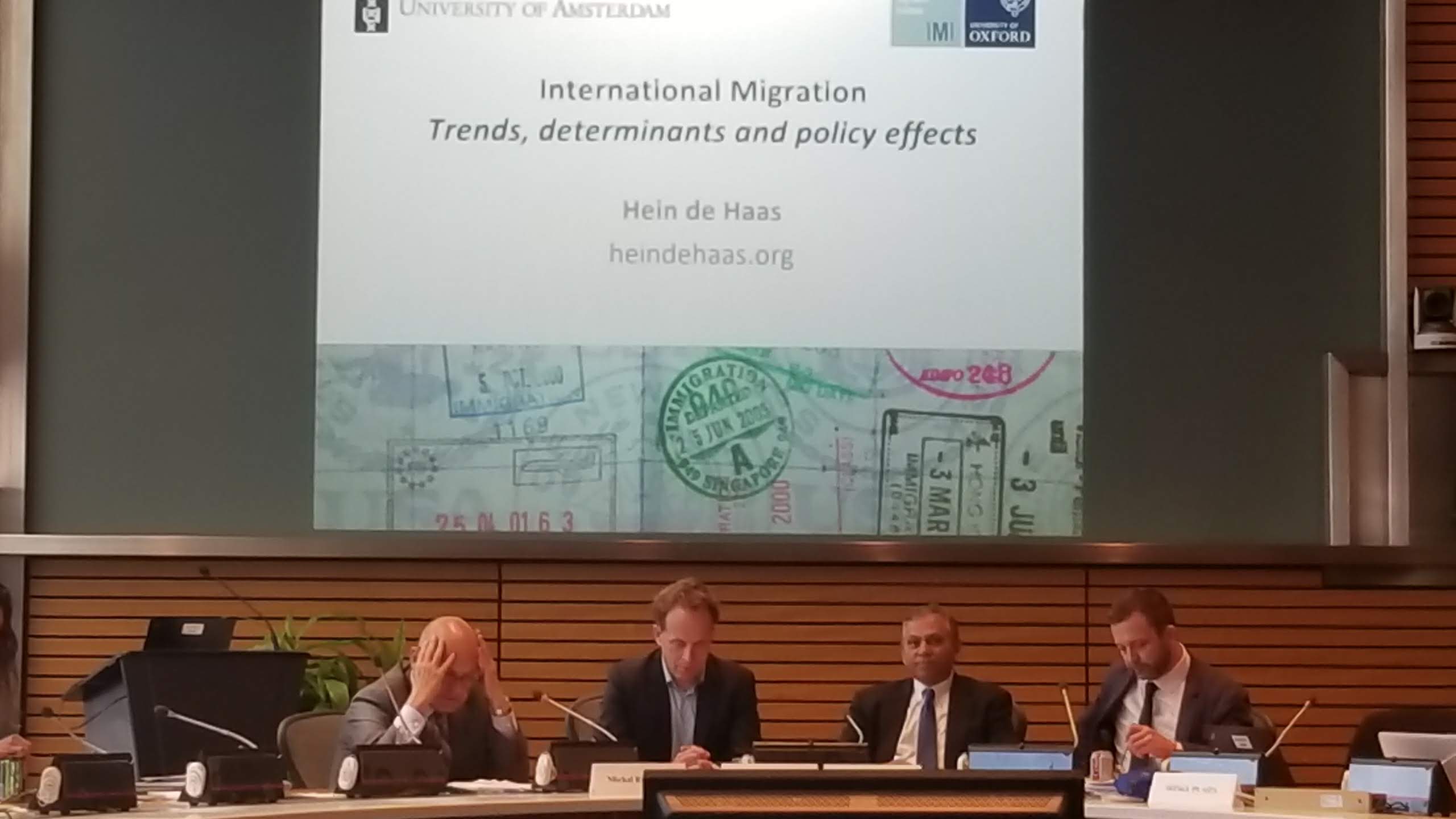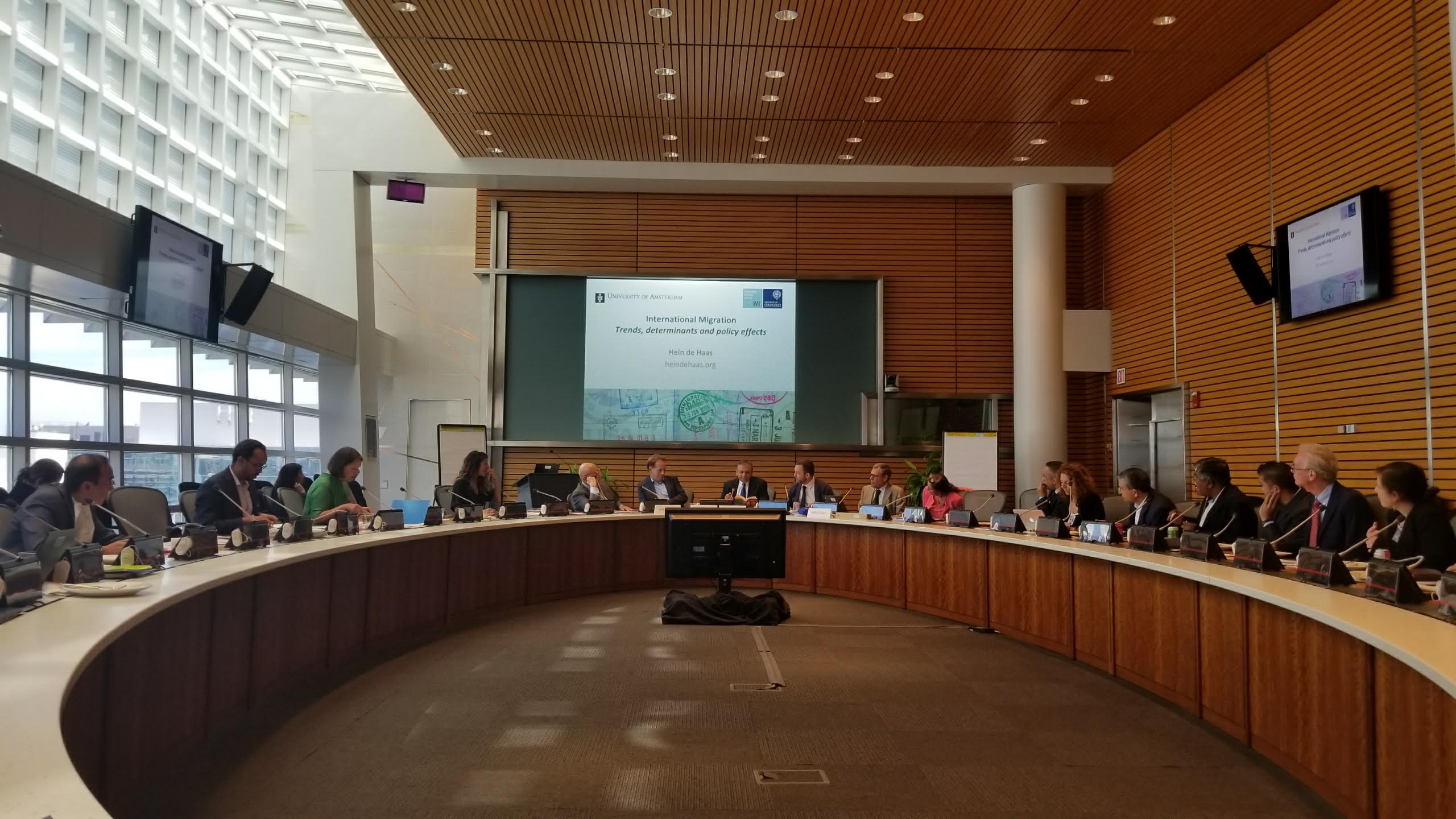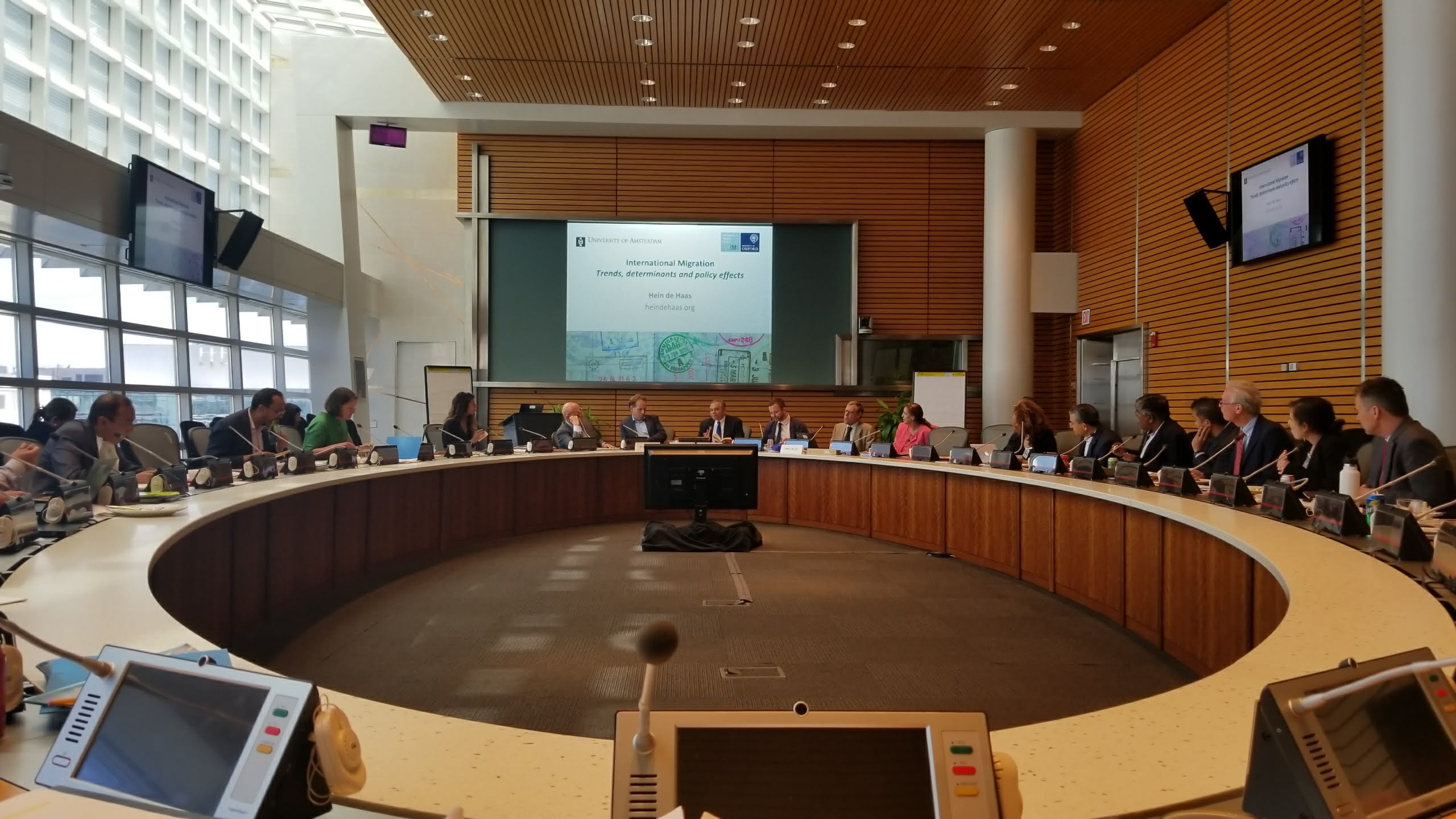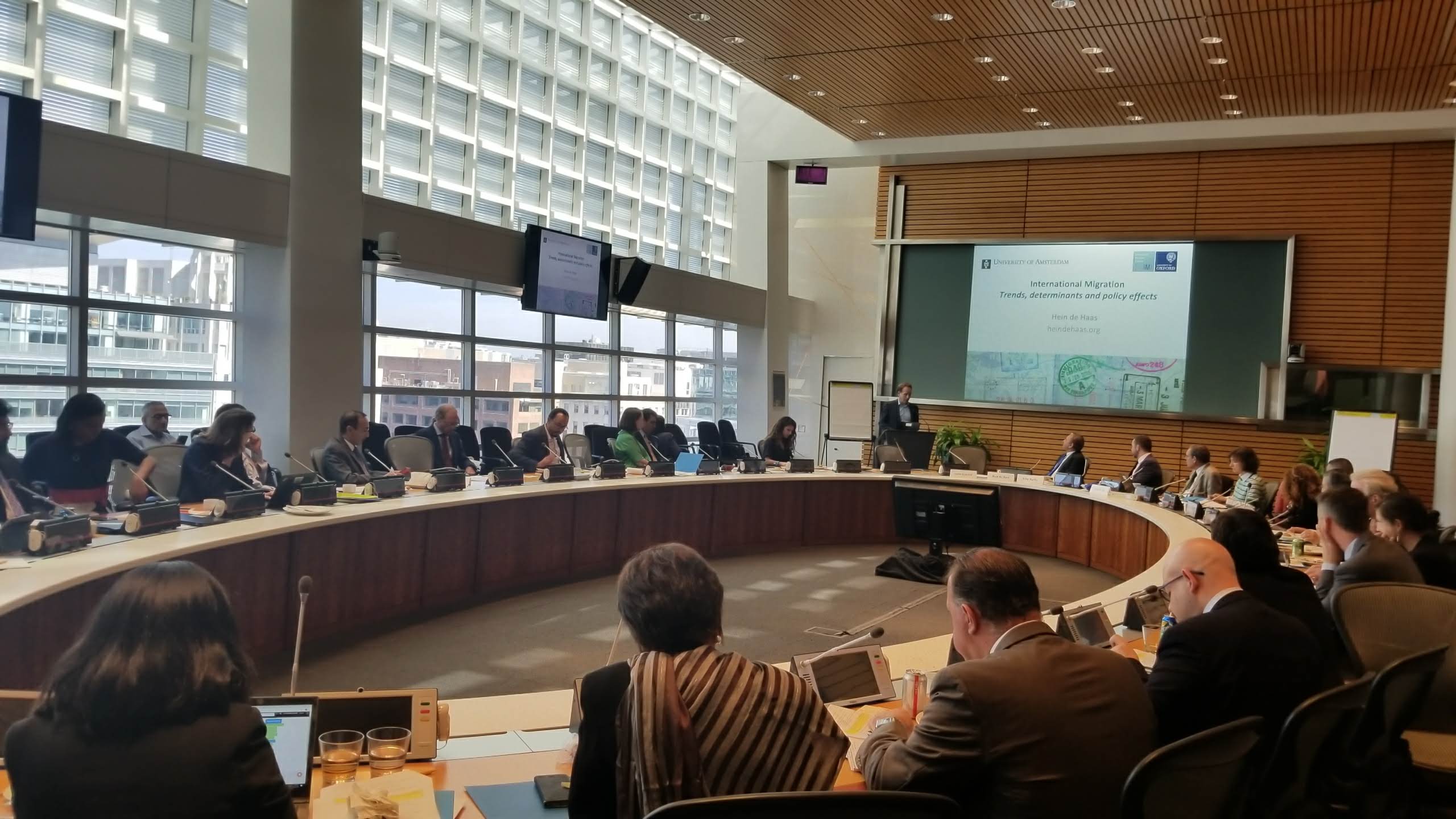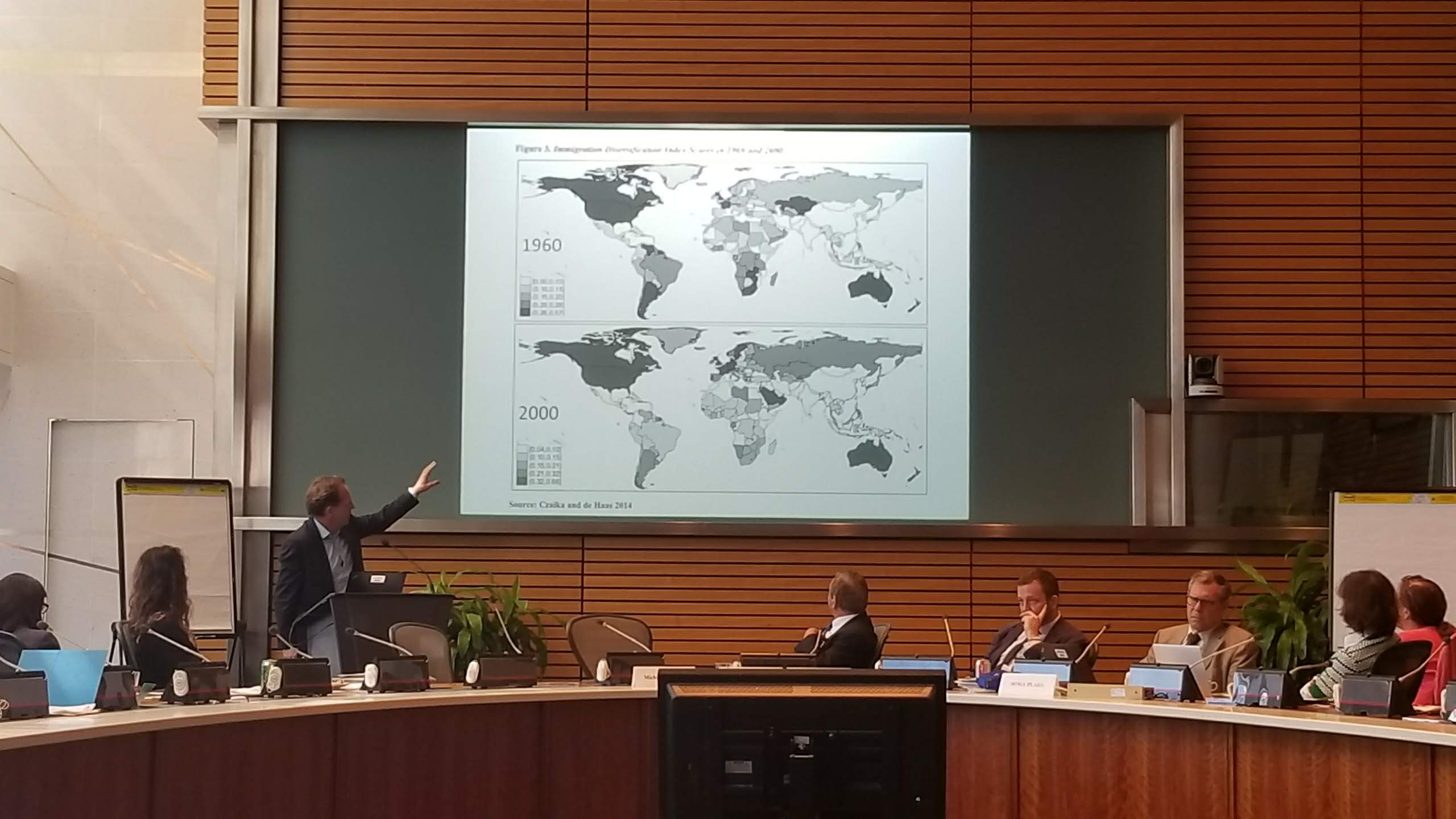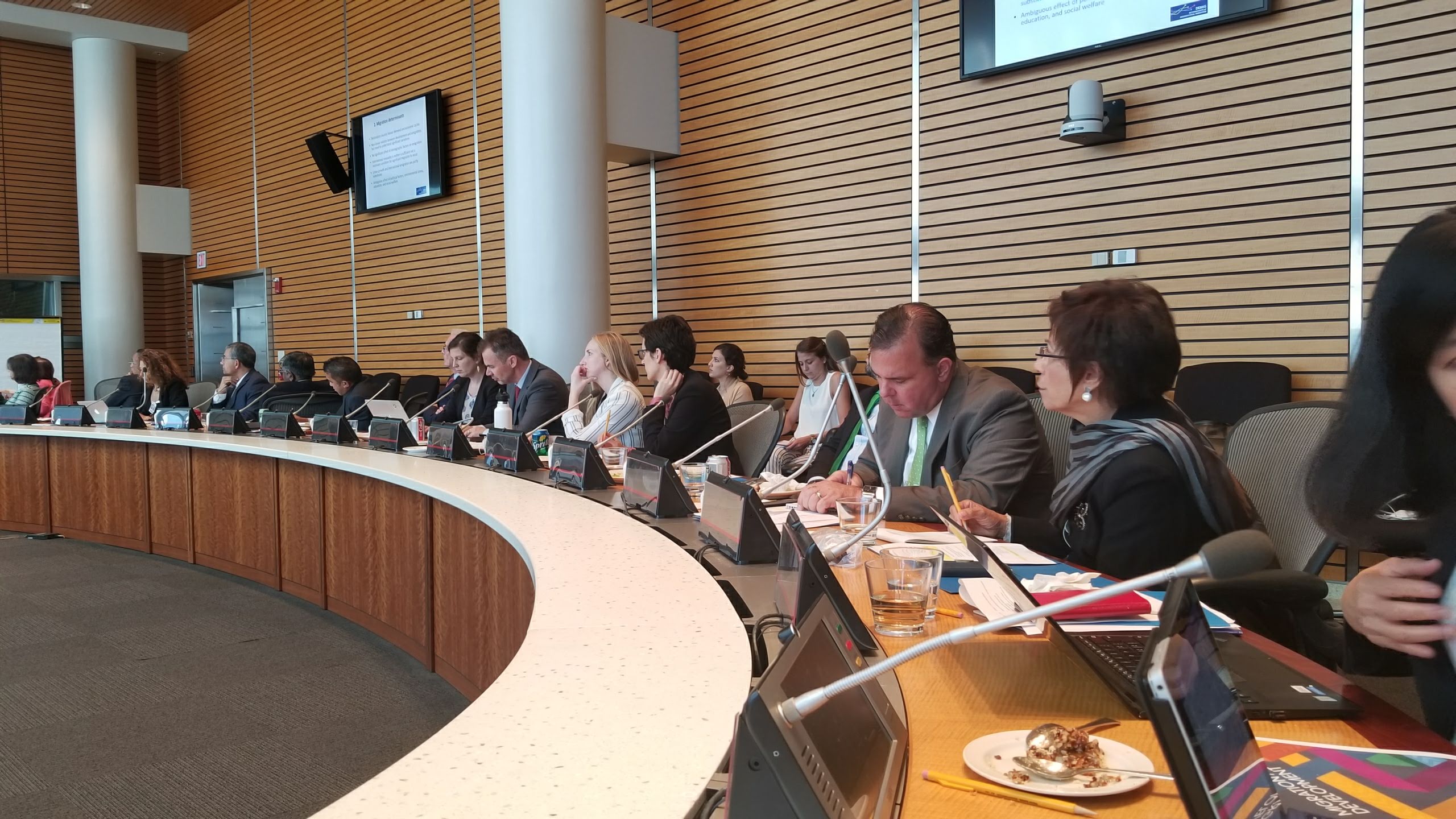
Event description:
What have been the main trends and drivers of international migration over the last century, and to what extent have migration policies been effective in shaping the volume, direction, timing, and selection of immigration and emigration? This paper reviews the insights on migration trends, determinants and policy effects gained through the DEMIG (Determinants of International Migration) project. Questioning popular perceptions of accelerating international migration, the increase in global migration has remained proportional to the increase in world population. The main migratory shifts in the second half of the twentieth century have been directional, particularly through the decline of Europe as an area of origin and the emergence of Europe and the Gulf as new global destinations. This shift in migration movements towards Europe has been associated by an overall liberalisation of migration policies, which have increasingly focused on the selecting of migrants rather than controlling numbers per se. Most rules around legal entry, stay and exit of migrants have been relaxed, but a combination of visa and border control policies have served to prevent the entry of asylum seekers and other ‘unwanted’ migrants. Our analysis shows that it would therefore be excessive to conclude that borders are ‘beyond control’ (cf. Bhagwati 2003), and that migration policies are generally effective. Yet several ‘substitution effects’ limit or undermine the effectiveness of migration controls by (1) redirecting migration through other geographical routes and destinations (spatial substitution), (2) diverting migration through other legal and unauthorized channels (categorical substitution), (3) “now or never” migration surges in anticipation of restrictions (intertemporal substitution) and (4) discouraging return and interrupting circulation (reverse flow substitution). These expose fundamental policy dilemmas as well as the importance to look beyond migration policies. Our results show the importance of accounting for the complex and often counterintuitive ways in which structural social, economic, and political factors affect migration in mostly indirect, but powerful ways that largely lie beyond the reach of migration policies.
Speakers

- Professor of Sociology and Migration Studies at the University of Amsterdam

- Social Protection and Jobs Global Practice
- World Bank

- Lead Economist
- Migration and Remittances
- Social Protection and Jobs Global Practice
- World Bank



